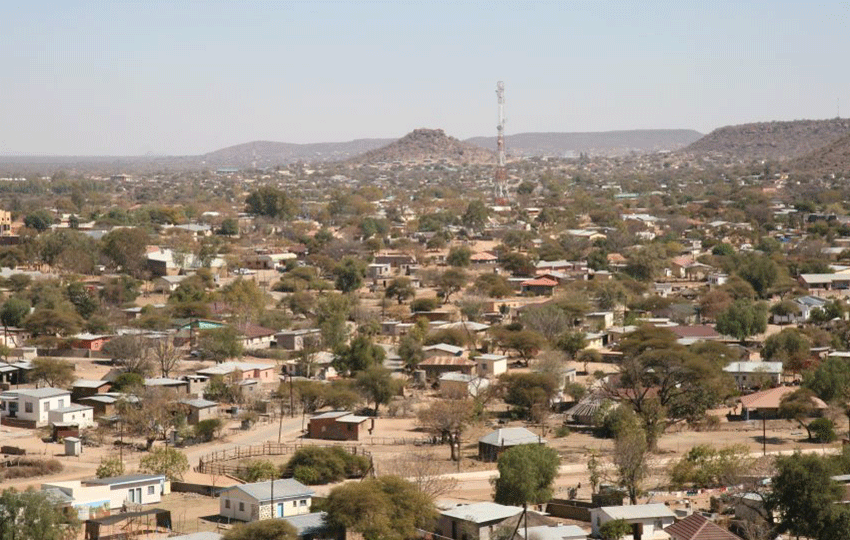BIV MAKES SUBMISSION ON TRIBAL LAND ACT, 2018 AND TRIBAL LAND REGULATIONS,2020
DECEMBER 23, 2022

In June 2022, BIV made a submission to the Ministry of Lands and Water Affairs on the statutes viz Tribal Land Act, 2018 and Tribal Land Regulations, 2020. These are major interventions of land tenure reforms that seek to reconfigure social relations in respect of tribal land considering the changing political, economic, social and cultural circumstances in the post – colonial state. Amongst the notable changes is the mandatory registration of tribal land, transformation of Certificate of Customary Land Grant to Deed of Customary Land Grant (Secure Land Title). On the subject of transformation of the Certificate of Customary Land Grant to Deed of Customary Land Grant, BIV indicated that it will add complexity to the conceptualisation of customary land tenure and nature of the tribal interest. BIV further observed that these changes reflect the liberalisation of customary land tenure through wholesale titling or registration in an attempt to improve access to formal credit and promote the development of land/property market.
BIV also pointed out that statutory rules for determining compensation for expropriation in section 32 of the Tribal Land Act, 2018 and Regulation 19 of Tribal Land Regulations,2020 contradict each other and adds more detail that causes confusion. In this respect, BIV proposed an inclusive balancing normative ‘human rights’ based approach that should be flexible and also be based on the proportionality principle balancing the public interest and protection of fundamental rights as guaranteed in the Constitution. The approach should avoid detailed statutory rules for assessing compensation, as all possible scenarios on the ground cannot be envisioned.
Generally BIV recommended an incremental approach to land tenure reforms and that the focus should be on strengthening land boards administrative capacity to develop market institutions and well-functioning property markets and systems of property rights that work in the interests of all social groups.
BIV also pointed out that statutory rules for determining compensation for expropriation in section 32 of the Tribal Land Act, 2018 and Regulation 19 of Tribal Land Regulations,2020 contradict each other and adds more detail that causes confusion. In this respect, BIV proposed an inclusive balancing normative ‘human rights’ based approach that should be flexible and also be based on the proportionality principle balancing the public interest and protection of fundamental rights as guaranteed in the Constitution. The approach should avoid detailed statutory rules for assessing compensation, as all possible scenarios on the ground cannot be envisioned.
Generally BIV recommended an incremental approach to land tenure reforms and that the focus should be on strengthening land boards administrative capacity to develop market institutions and well-functioning property markets and systems of property rights that work in the interests of all social groups.
